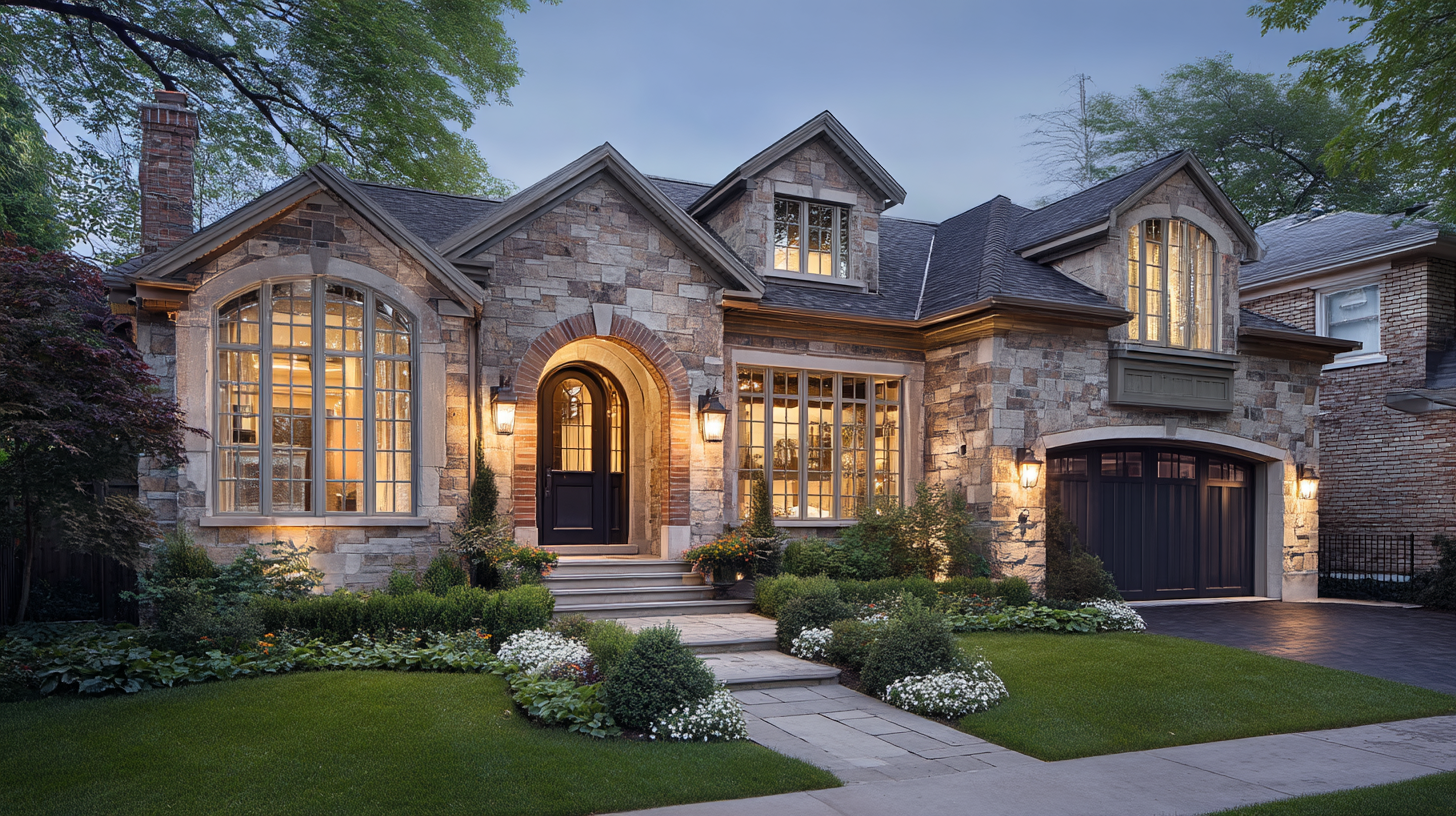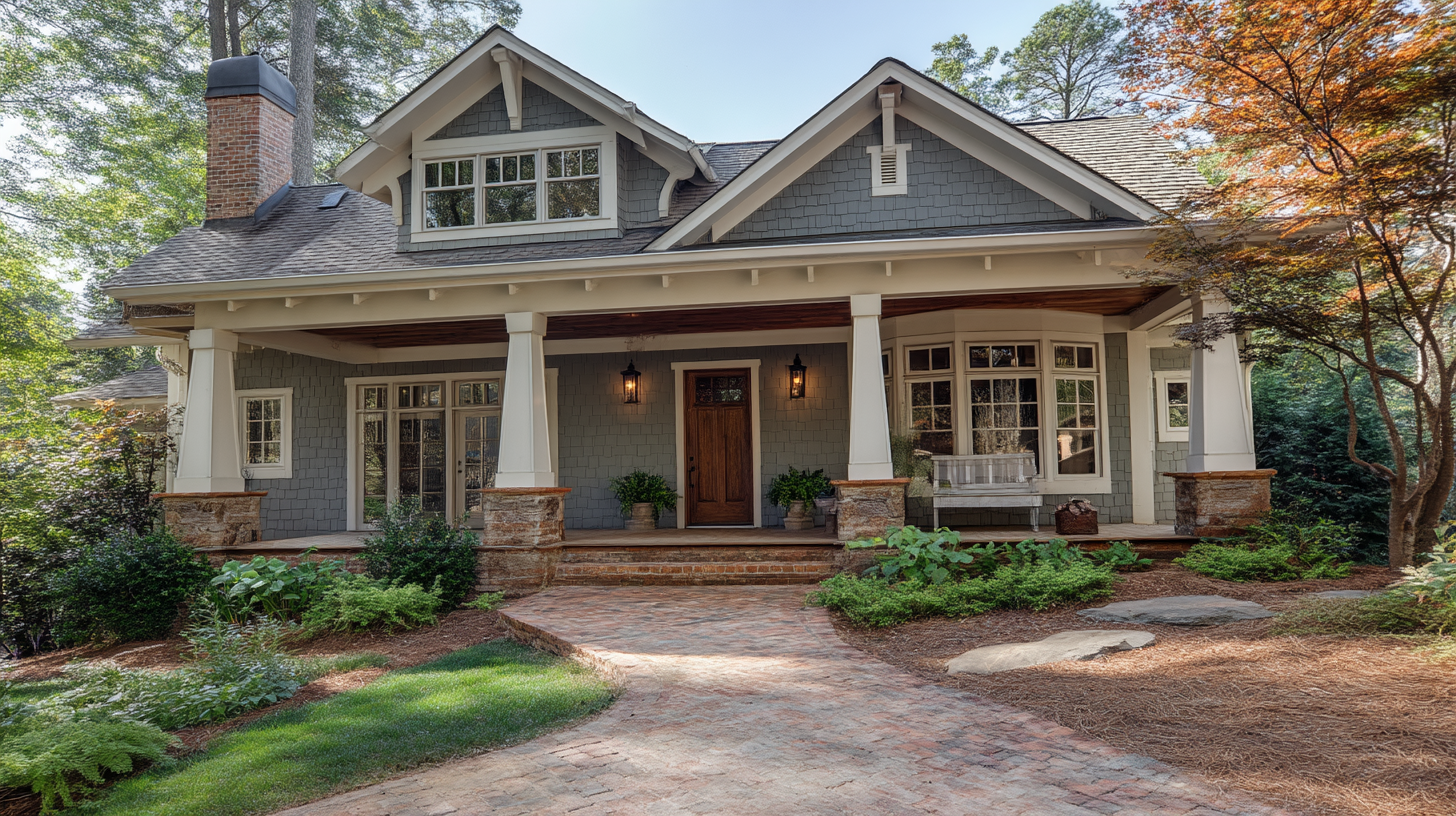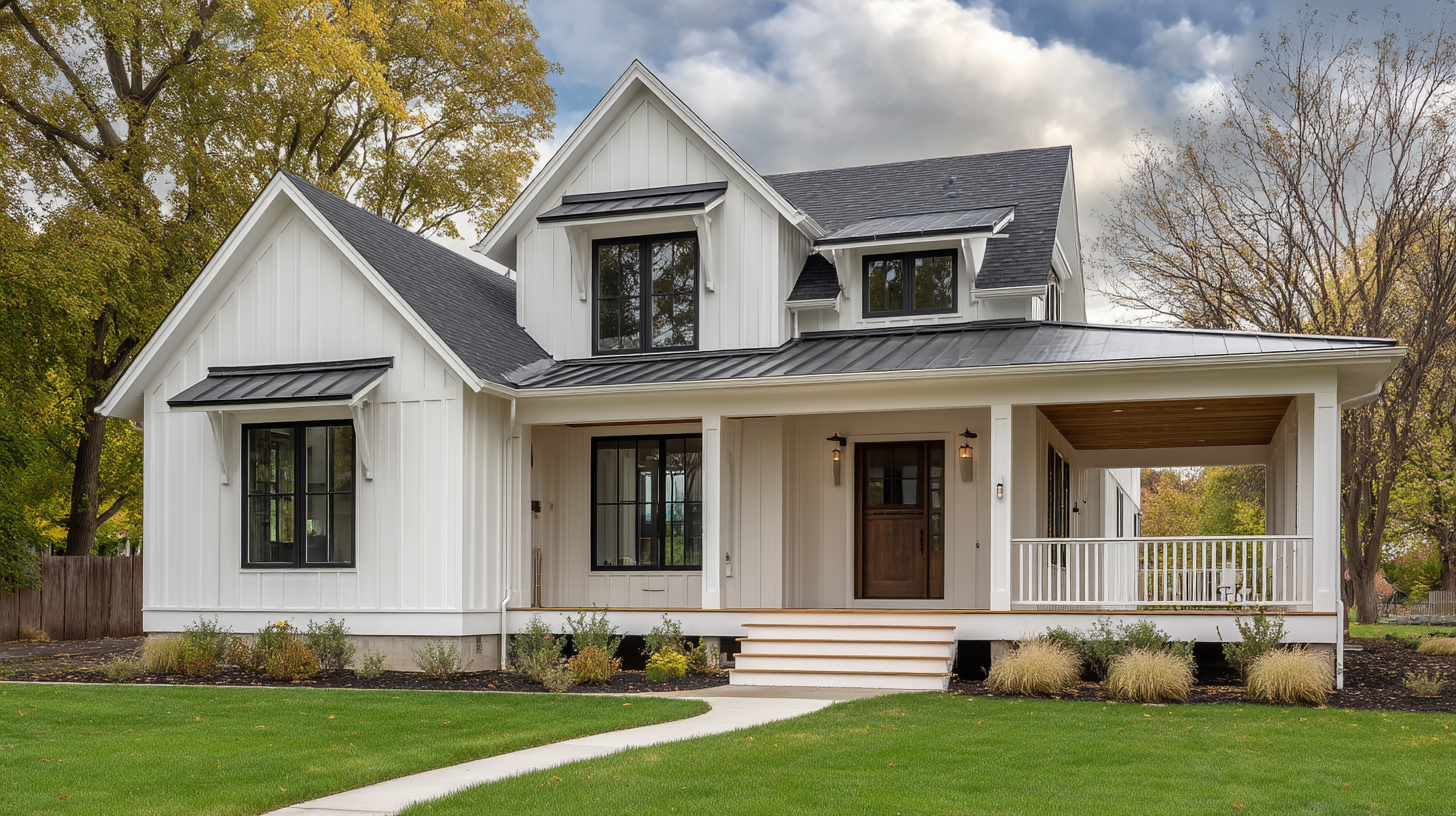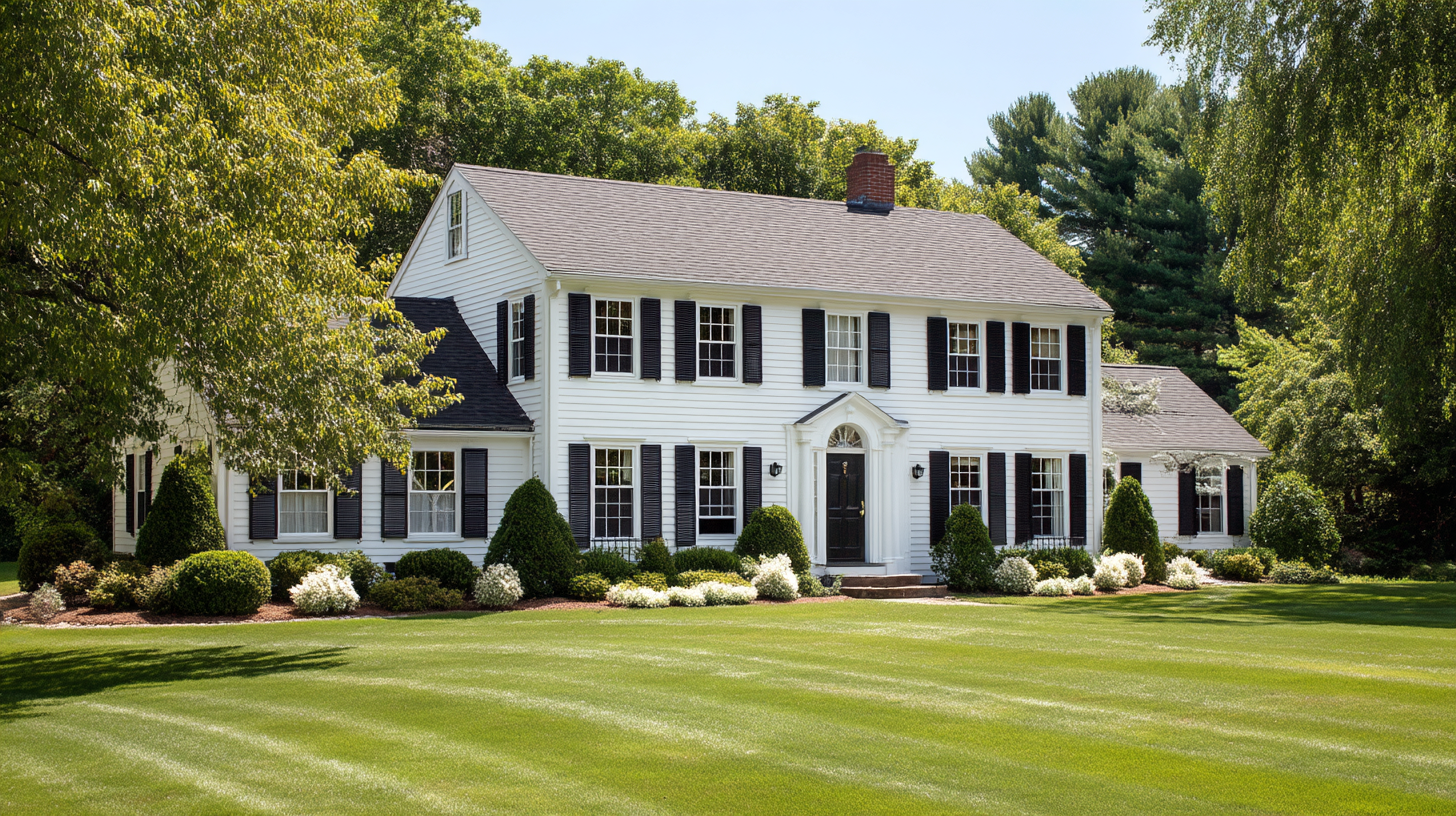What Is Flex Cash When Buying a House?

In today’s market, buyers are more cost-conscious than ever. Between rising interest rates, steep home prices, and the high cost of living across California, homeownership can feel out of reach. That’s why terms like “flex cash” are popping up more often in home listings and builder promotions. But what is flex cash when buying a house, and is it truly a smart way to save money?
At Property Sales Group, we believe in demystifying the home buying process so our clients can make the best financial decisions. Whether you’re purchasing a new home or evaluating multiple offers on your current property, this guide will help you understand what flex cash is, how it works, and when it’s worth considering.
What Does Flex Cash Mean in Real Estate?

Defining Flex Cash
Flex cash is a flexible financial incentive offered by builders, lenders, or even sellers that gives buyers money to put toward specific costs during the home purchase process. Unlike traditional price reductions, flex cash does not lower the price of the home directly. Instead, it gives the buyer the ability to apply funds where they are needed most.
Who Offers Flex Cash?
You’ll typically see flex cash in:
- New home developments, where builders use incentives to attract buyers without cutting the price
- Preferred lender programs, where a buyer gets flex cash for using the builder’s in-house lender
- Competitive resale markets, where sellers may offer flex cash to stand out without dropping their asking price
Builders across California, especially in San Diego, Riverside, and Temecula, are increasingly offering flex cash as a limited time offer to move homes faster in a tightening market.
How Does Flex Cash Work in the Home Buying Process?
Common Ways Buyers Use Flex Cash
Buyers love flex cash because it gives them financial flexibility. Here’s how many buyers use flex cash during the purchase:
- Cover closing costs: Buyers often apply flex cash to pay for closing expenses like title insurance, escrow fees, and underwriting. These out of pocket expenses can be thousands of dollars.
- Buy down the mortgage rate: Using flex cash to lower your mortgage rate can result in more affordable monthly mortgage payments.
- Make property improvements: In a new home, you can use flex cash to upgrade flooring, cabinetry, appliances, or smart home features.
- Offset overall costs: While flex cash doesn’t lower the purchase price, it helps reduce total upfront costs in a way that feels just as valuable.
A Real-Life Example
Let’s say you are buying a $650,000 new home and the builder is offering flex cash of $15,000. You could:
- Use $7,000 to cover closing costs
- Allocate $5,000 toward a low interest rate through a rate buy-down
- Spend $3,000 on kitchen and bathroom upgrades
Without this incentive, those funds would come directly from your pocket, adding pressure to your budget and increasing out of pocket expenses at the closing table.
The Pros and Cons of Flex Cash
Benefits for Buyers
- Financial flexibility: Flex cash allows you to choose where the money goes, whether to savings, upgrades, or rate reductions.
- Lower upfront costs: Many buyers use flex cash to significantly reduce what they need to bring to closing.
- Better loan terms: Lowering your mortgage rate through flex cash can improve your debt to income ratio, which can increase your loan approval odds.
- No price drop: Builders prefer flex cash because it maintains the list price, which helps with neighborhood comps and future appraisals.
Potential Drawbacks
- Exclusions apply: Flex cash is often tied to using a specific lender, builder, or loan program like USDA loans.
- Limited availability: It may only apply to select units or during a limited time offer.
- Not always better than a price cut: For some buyers, a lower home price offers longer-term savings compared to flex cash.
- Fine print matters: Be sure to understand the conditions of the incentive before assuming it saves you money.
When Is Flex Cash a Smart Way to Buy?

Ideal Situations for Using Flex Cash
Flex cash makes sense when:
- You are a first-time buyer and need to reduce upfront costs
- You’re planning to live in the home long enough to benefit from monthly savings on your mortgage
- You want to personalize your new home without spending extra
- You’re trying to qualify for a loan but need help with closing costs
Many buyers combine flex cash with their existing down payment strategy to create a smoother path to homeownership.
When It May Not Be Worth It
Flex cash might not be ideal if:
- You already have the funds to cover closing expenses and don’t need the assistance
- You’re shopping resale homes where traditional negotiations might yield better deals
- You’re planning to sell the home soon and won’t benefit from long-term monthly payment savings
- The incentive comes with lender requirements that offer higher interest rates




